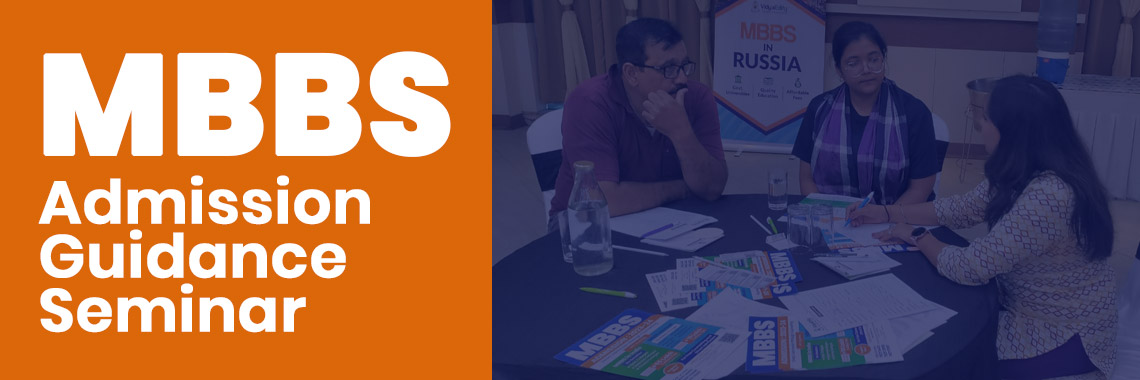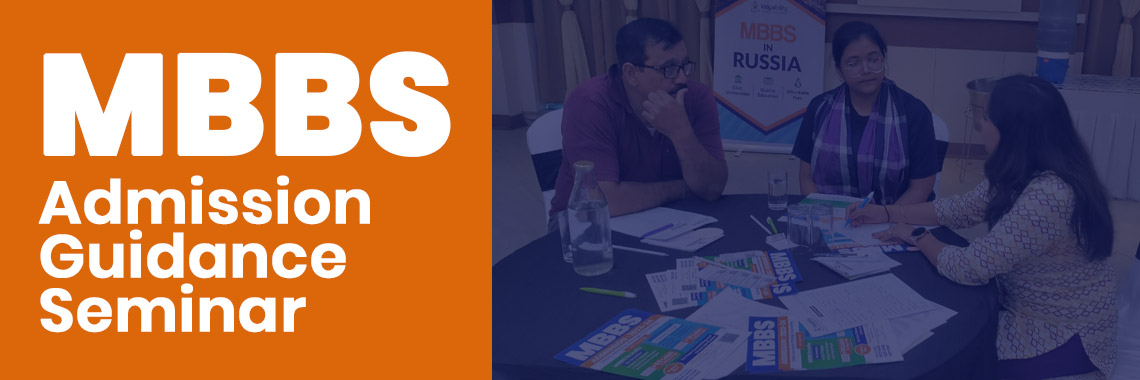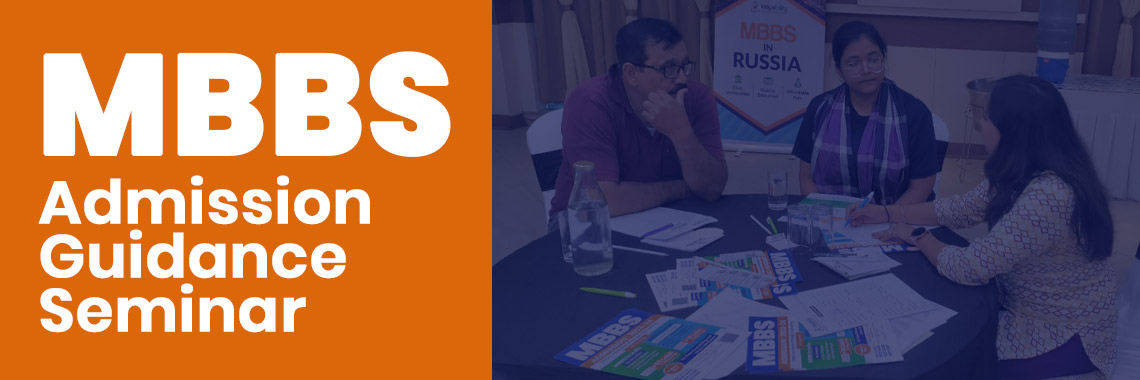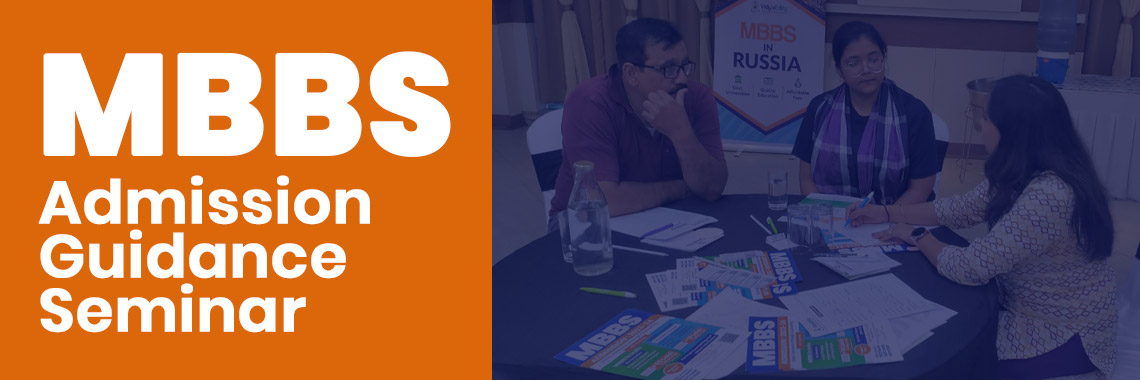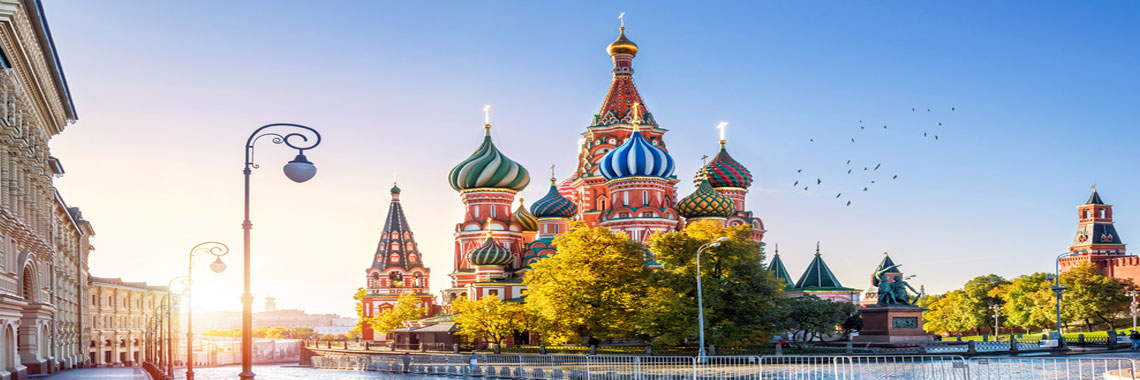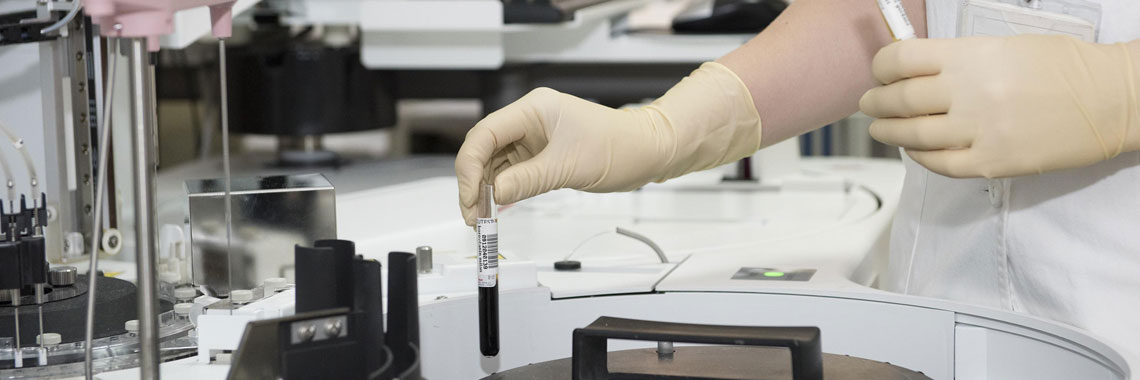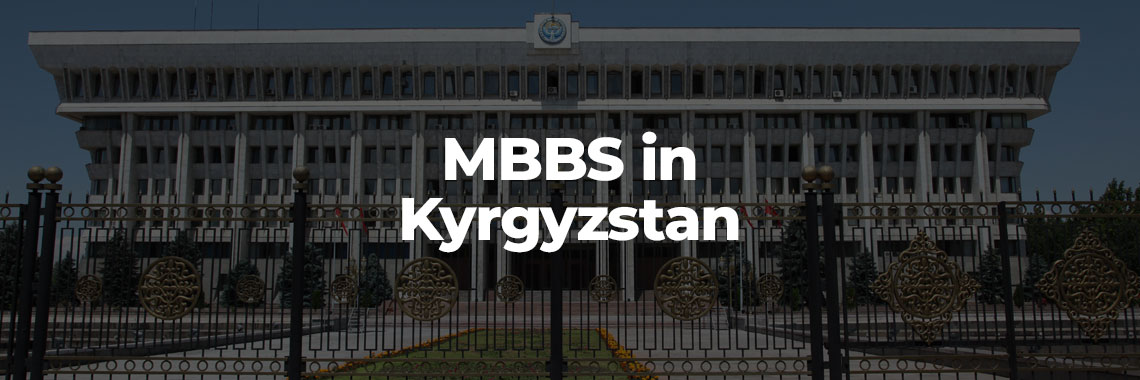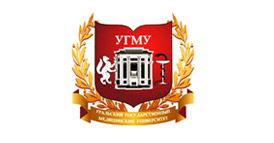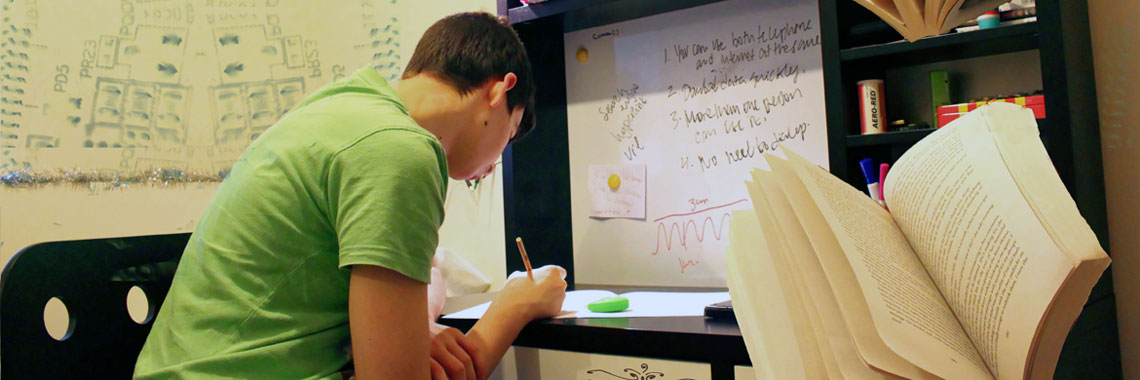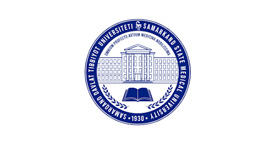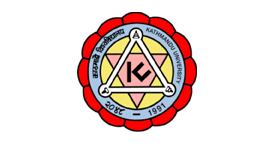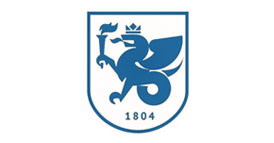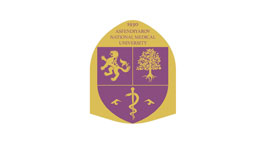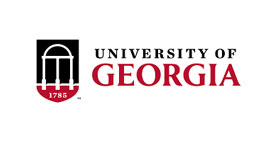Ural State Medical University (USMU) is a prestigious public medical institution located in Yekaterinburg, Sverdlovsk Oblast, in the Ural region of Russia. Founded in 1930, USMU has built a legacy of excellence in medical education, research, and healthcare services. Over the years, the university has continuously expanded its academic offerings, strengthened its research capabilities, and modernized its infrastructure, making it a sought-after destination for students from across the globe.
Location: USMU is located in Yekaterinburg, one of Russia's largest and most significant cities. Yekaterinburg, situated in the western part of Russia, is approximately 1,700 kilometers northwest of Moscow, placing it at a key crossroads between Europe and Asia. As the fourth-largest city in Russia, Yekaterinburg plays a central role in both academic and medical activity in the Ural region. The city's vibrant cultural scene, historical importance, and strategic location make it an ideal environment for a leading educational institution like USMU.

Internationally Recognized Degree
- The Ministry of Education and Science of the Russian Federation
- World Health Organization (WHO)
- Medical Council of India (MCI)
- Educational Commission for Foreign Medical Graduates (ECFMG)
| Particulars | Per Year | Total Complete Fee (Ist to 6th Year) |
|---|---|---|
| Fee in Ruble | Fee in Ruble | |
| Annual Tuition Fees | 2,60,000 | 15,60,000 |
| Govt. Hostel Fee | 15,000 | 90,000 |
| Medical Insurance | 6,000 | 36,000 |
| Total | 2,81,000 | 16,86,000 |
Ural State Medical University (USMU) in Russia is a popular choice for international students pursuing an MBBS course. With its rich history, modern infrastructure, and commitment to excellence in medical education, USMU offers a unique learning experience that prepares students for a successful career in medicine. Here are 10 compelling reasons why USMU is the ideal choice for MBBS aspirants:
- English-Medium MBBS Program:
USMU offers a 6-year MBBS program in English, making it accessible to international students who want to pursue medical education in Russia. The program is designed to provide students with a comprehensive understanding of medical sciences, clinical skills, and research methods. - High-Quality Education:
USMU provides a high-quality education that meets international standards. The university's medical curriculum is designed to provide students with a solid foundation in medical sciences, including anatomy, biochemistry, physiology, pharmacology, and pathology. The program also includes clinical training in various specialties, including internal Medicine, Surgery, Pediatrics, and Obstetrics and Gynecology. - Affordable Tuition Fees:
The cost of studying at USMU is relatively low compared to medical schools in Western countries. The tuition fees for the MBBS program at USMU are approximately $3,500-$4,000 per year, making it an attractive option for students who want to pursue medical education without breaking the bank. - Recognition and Accreditation:
USMU is recognized by major medical councils and organizations, including:
- World Health Organization (WHO)
- Medical Council of India (MCI)
- General Medical Council (GMC)
- Educational Commission for Foreign Medical Graduates (ECFMG)
This recognition ensures that USMU graduates are eligible to appear for licensure exams in their home countries and pursue residency programs in the United States, the United Kingdom, and other countries. - Experienced Faculty and Research Opportunities:
USMU's faculty consists of experienced medical professionals who are experts in their fields. Many of the faculty members have international experience and have published research papers in reputable medical journals. USMU also provides students with opportunities to participate in research projects and clinical trials, which helps them develop research skills and stay up-to-date with the latest medical advancements. - Modern Infrastructure and Facilities:
USMU has modern infrastructure and facilities that provide students with a comfortable and conducive learning environment. The university's campus includes:
- State-of-the-art classrooms and lecture halls
- Well-equipped laboratories and research centres
- Modern hospitals and clinical training centres
- Library with a vast collection of medical literature and online resources
- Student dormitories and recreational facilities - International Student-Friendly Environment:
USMU has a supportive environment for international students, with a dedicated team of staff and faculty members who provide assistance with accommodation, visa formalities, and cultural adaptation. The university also offers language support and cultural integration programs to help international students adjust to life in Russia. - Strong Clinical Training:
USMU provides students with strong clinical training through its affiliated hospitals and clinical training centres .The university's clinical training program includes:
- Hands-on experience in various clinical specialties
- Exposure to a diverse range of patients and cases
- Opportunities to work with experienced clinicians and medical professionals
- Development of clinical skills and decision-making abilities - Post-Graduation Opportunities:
USMU graduates have a wide range of post-graduation opportunities, including:
- Pursuing residency programs in the United States, the United Kingdom, and other countries
- Appearing for licensure exams, such as the USMLE, PLAB, and AMC
- Pursuing further studies, such as master's or Ph.D. programs
- Working as medical professionals in hospitals, clinics, and research institutions - Safe and Comfortable Student Life:
USMU is located in Yekaterinburg, a safe and vibrant city with a rich cultural heritage. The city offers a comfortable and affordable lifestyle, with modern amenities, recreational facilities, and cultural attractions. USMU also provides students with support services, including accommodation, food, and transportation assistance.
Yekaterinburg, Russia, is a fascinating city that combines historical significance, cultural richness, and economic vitality. Located at the crossroads of Europe and Asia, it is a vital link between the two continents and serves as a major hub for industry, education, and tourism.
- Location: Yekaterinburg sits in the Ural Mountains, marking the natural division between Europe and Asia. It serves as the administrative centre of Sverdlovsk Oblast and the Ural Federal District, positioning it strategically in the heart of Russia. Its location makes it a key transit point for both trade and cultural exchanges between Eastern and Western Russia.
- Education and Research: Yekaterinburg is home to some of Russia’s leading educational institutions, fostering both academic and technological advancements. Among the top universities and research centres are:
1. Ural State Medical University (USMU): Known for its advanced medical programs and research contributions.
2. Ural Federal University (UrFU): One of the top-ranked universities in Russia, offering a wide range of academic disciplines.
3. Russian Academy of Sciences (RAS): The city's connection to scientific research and technological innovation is underscored by its role in the Russian Academy of Sciences, which brings together scientific talent from all over the country.
These institutions contribute significantly to the region’s economy and play an essential role in developing the local workforce and fostering innovation. - Population: Yekaterinburg has a population of around 1.5 million people, with its urban agglomeration extending to about 2.2 million. As Russia's fourth-largest city, it is a major urban centre in the country.
- Tourist Attractions: Yekaterinburg is rich in historical and cultural landmarks, attracting visitors from around the world. Some notable places include:
1. Church on the Blood: A beautiful Orthodox church constructed on the site of the Romanov family's tragic execution in 1918.
2. Yekaterinburg State Academic Opera and Ballet Theatre: Renowned for its world-class performances of opera and ballet, this venue is an essential part of the city's cultural life.
3. Sverdlovsk Regional Museum: This museum offers a deep dive into the history of the Ural region, showcasing its development and cultural significance.
4. Visotsky Business Center: One of the tallest skyscrapers in Yekaterinburg, offering panoramic views of the city from its observation deck.
5. Yekaterinburg Central Park: A green oasis in the heart of the city, offering walking trails, gardens, and recreational areas, perfect for a relaxing day out. - Climate: Yekaterinburg experiences a humid continental climate, with dramatic seasonal temperature shifts:
• Winter (December to February): Harshly cold, with temperatures ranging from -15°C to -25°C (5°F to -13°F). Snow is common, creating a winter wonderland atmosphere.
• Spring (March to May): Temperatures gradually rise, ranging from 0°C to 15°C (32°F to 59°F), though it can still be chilly early in the season.
• Summer (June to August): The warmest period, with temperatures ranging from 15°C to 25°C (59°F to 77°F), making it the ideal time for outdoor activities and sightseeing.
• Autumn (September to November): Temperatures cool down, ranging from 0°C to 10°C (32°F to 50°F), and the city’s parks take on beautiful fall colors. - Conclusion: Yekaterinburg is a dynamic city that blends rich history, cutting-edge education, and a thriving economy. Whether you're exploring its cultural landmarks, taking in the natural beauty, or studying at one of its prestigious universities, Yekaterinburg offers something for everyone. It’s a city that honors its past while looking forward to a bright future.
In Conclusion, Ural State Medical University`s MBBS program offers students a world class medical education , preparing them for successful careers in the medical field.
USMU is an excellent option for students seeking a reputable and affordable Medical Education.

